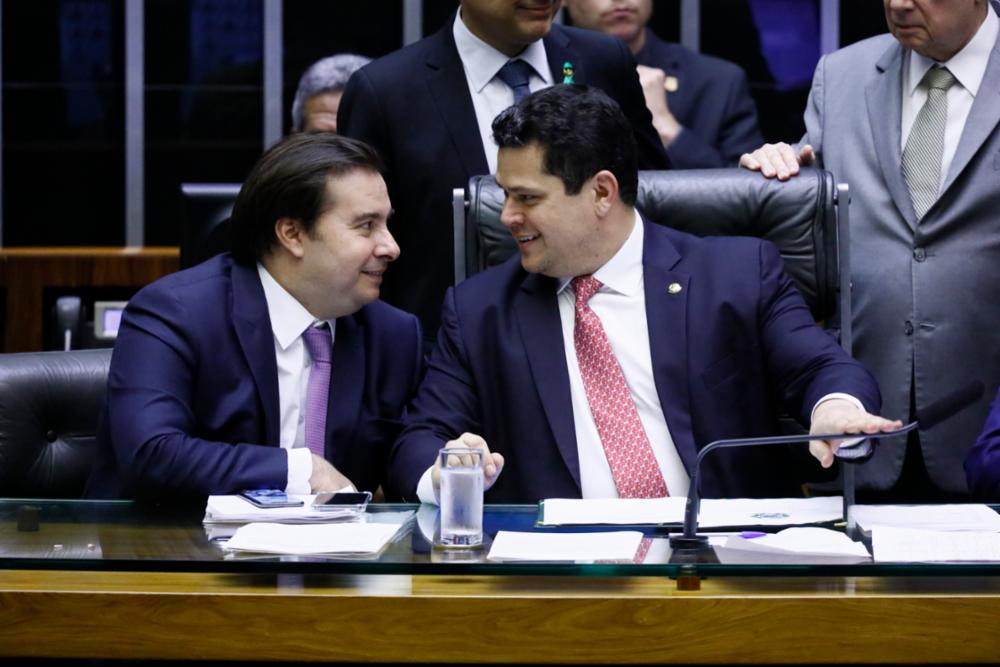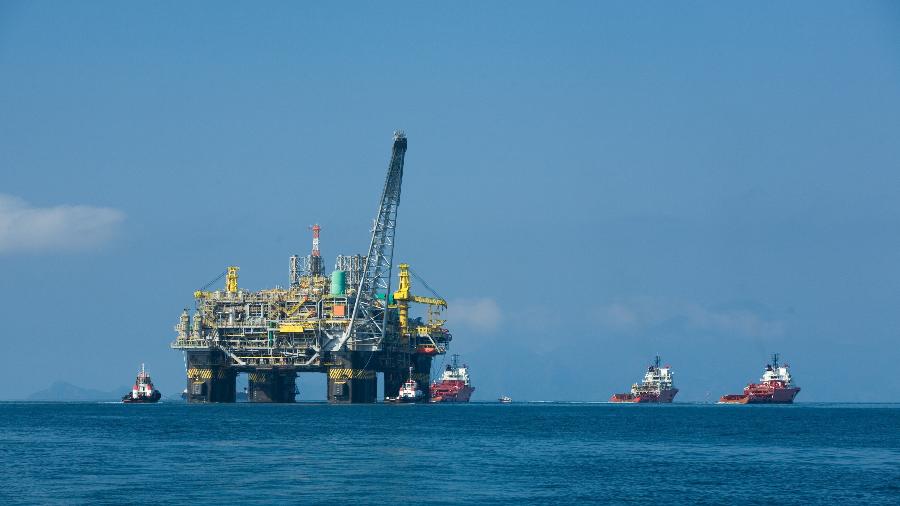RIO DE JANEIRO, BRAZIL – The government of Jair Bolsonaro and Congress are nearing an agreement to define the criteria for distribution, between states and municipalities, of the funds collected in the pre-salt auction in November.

The understanding is regarded by the Senate as crucial to enable the approval in two weeks of the second round of the Social Welfare reform.
The Lower House and the Senate had been engaging recently in a tug-of-war over the rules for sharing the approximately R$73 billion (US$18.3 billion) that the government should raise with the auction in November.
While senators had been advocating a fifty/fifty distribution between states and municipalities, deputies were working for the municipalities to increase their share in the pie.
According to the agreement between the chamber presidents, Rodrigo Maia of the Lower House, and Davi Alcolumbre of the Senate, 30 percent of the amount will be divided equally between states and municipalities.
The agreement that has been drawn up further provides that the portion intended for municipalities (15 percent of the R$73 billion) will be distributed in compliance with the rules of the Fund for Participation of Municipalities (FPM).
In the case of states, the distribution should be carried out by combining the State Participation Fund (FPE) and the Kandir Law criteria. The version approved by the Senate provided for revenue sharing only under the rules of the FPE.
The Kandir Law provides compensation to states for the federally created exemption of exports from the imposition by states of ICMS (Tax on Circulation of Goods and Services).
Part of the resources is distributed based on percentages defined in 2002, according to the volume of exports at the time, but another part is based on a table defined by the National Council of Finance Policy (CONFAZ), which is amended annually.

According to the government leader in the Senate, Fernando Bezerra Coelho, the agreement was drafted to balance the remittance of money between the Northern and Northeastern federal bodies and the other regions of Brazil – it was also established that Rio de Janeiro will receive three percent of the Union pie, as a producing state.
“There were several consultations with governors. There was a broad, if not unanimous, demonstration by the governors that this understanding would meet the requirement for federal balance among the various states of the federation,” said Bezerra Coelho.
“In the Senate, the North and Northeast have a majority of senators. In the House, South, Southeast, and Center-West are the majority. If an agreement is not reached, despite the fact that the Senate is the House of the Federation, the balance of the Federation is achieved with the majority of one region in one House and of another region in the other. So, if there is no agreement, things are not going to progress,” said Maia.
The new rules for splitting the money from the pre-salt auction will be dealt with in Congress through a bill. The goal, according to the government leader in the Senate, is to complete the agreement to allow the vote on the text in the House today, October 9th, and the following week in the Senate.
To take effect, the bill needs to be endorsed by Bolsonaro before the auction, scheduled for November 6th. According to the government leader in the Senate, legislators will include bans on the use of money transferred to sub-national bodies in the bill.
Mayors, for instance, will be allowed to use the funds collected for balancing social welfare accounts and for investments. Governors, on the other hand, should use them to balance their social welfare systems and then, if available, for investments and for the payment of court-order debt securities to individuals.
Economy Minister Paulo Guedes took part in discussions and even proposed that part of the funds collected at the auction be channeled to parliamentary amendments.
However, according to Bezerra Coelho, the concept did not prosper. “This was suggested at the beginning of the procedure, but it was discarded. The tax enactments were dismissed as a tool for the use of onerous transfer of funds,” he concluded.
Source: Folhapress

